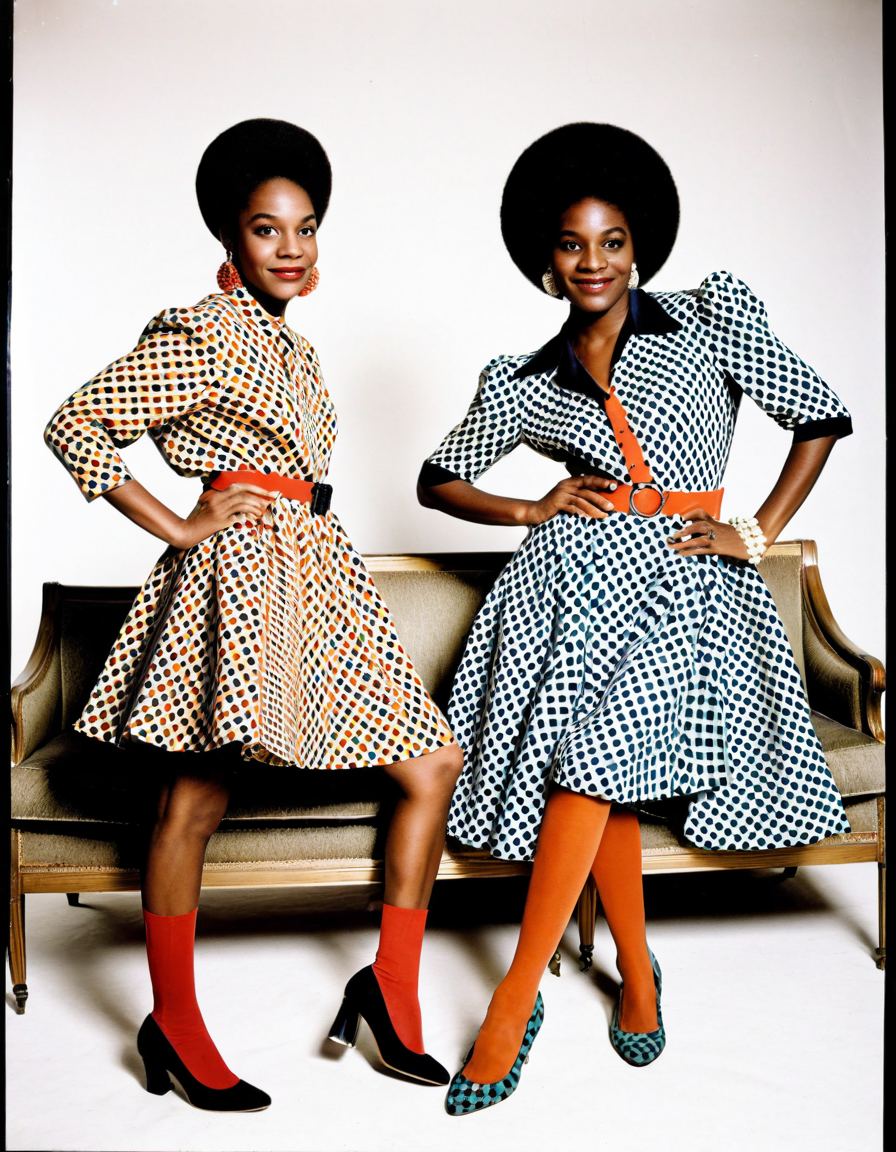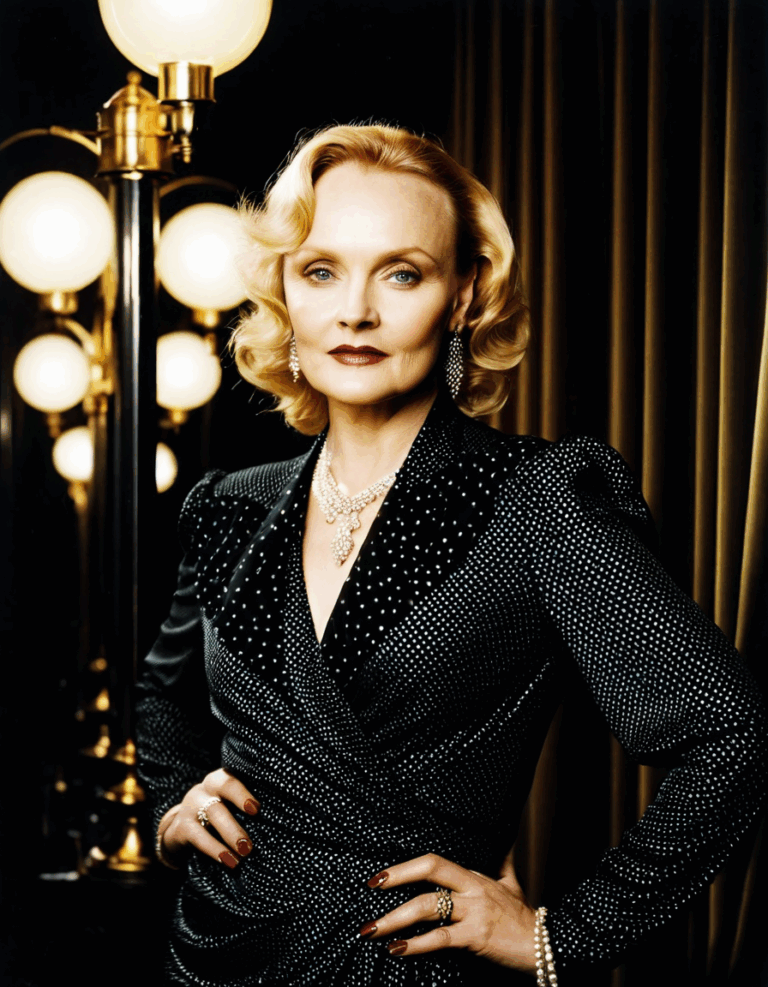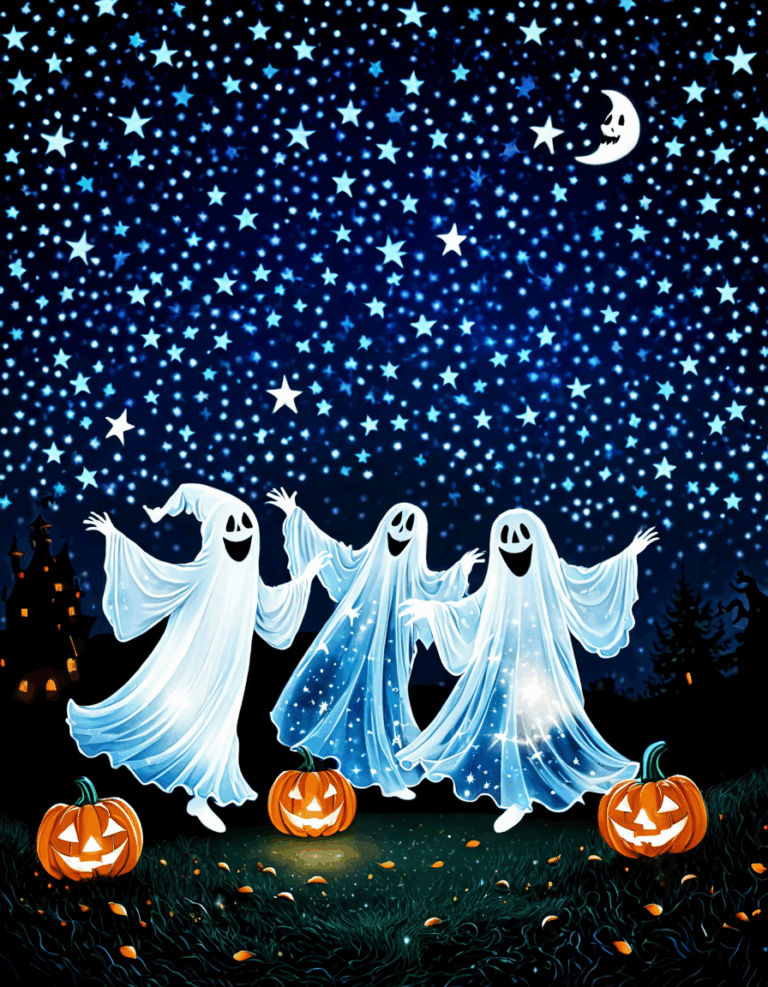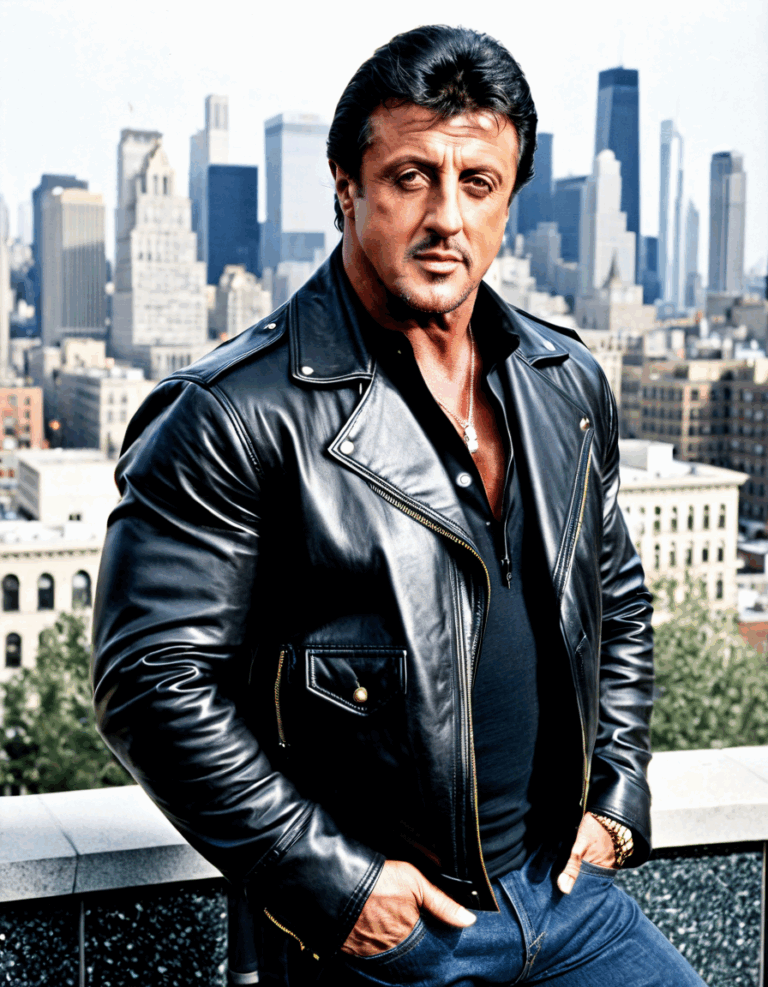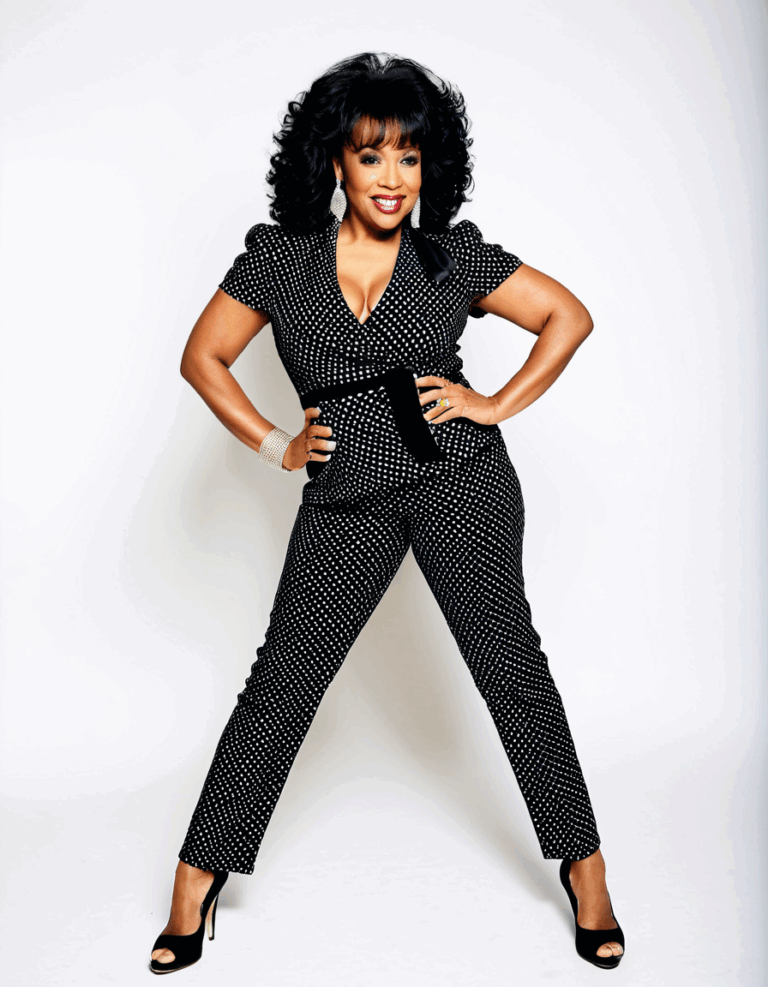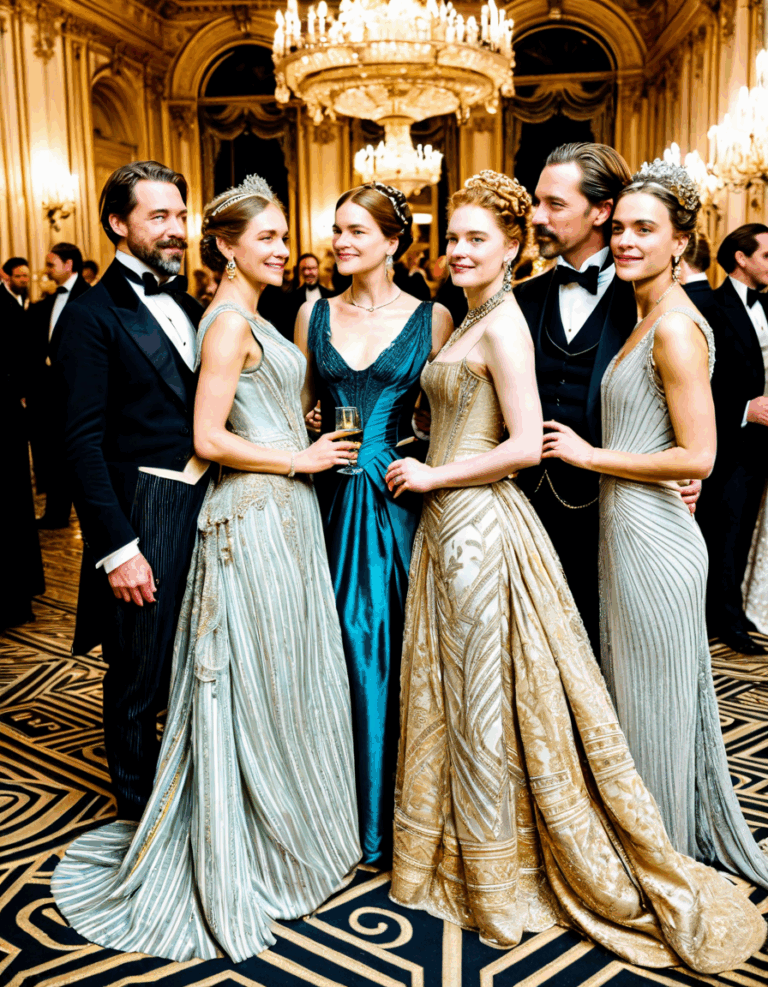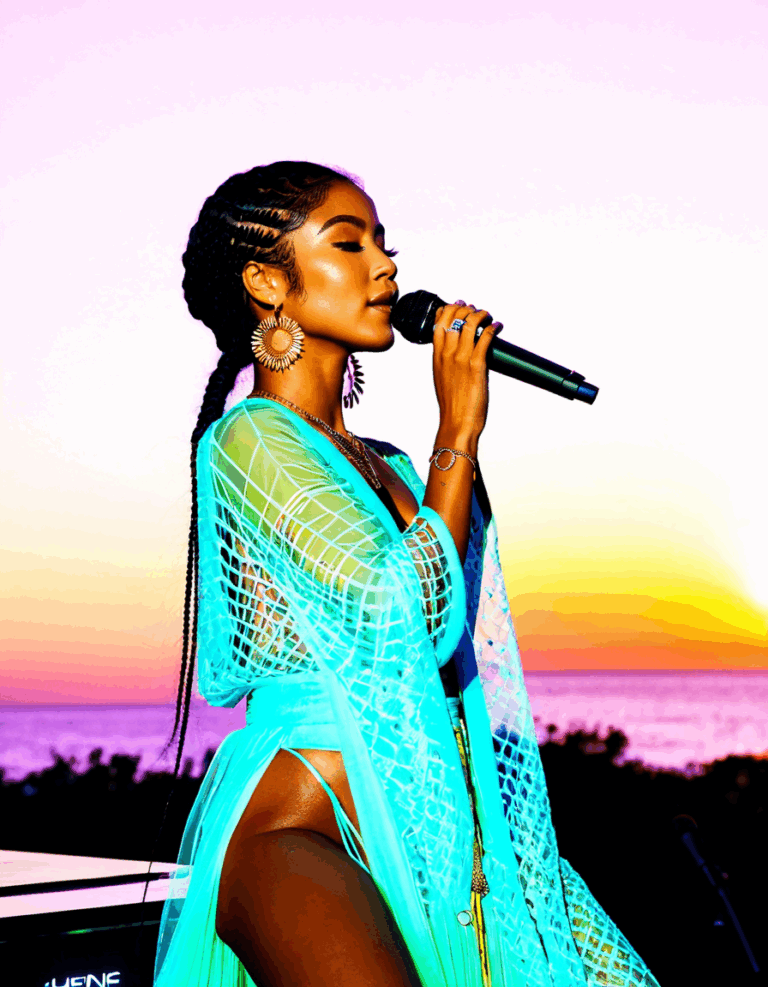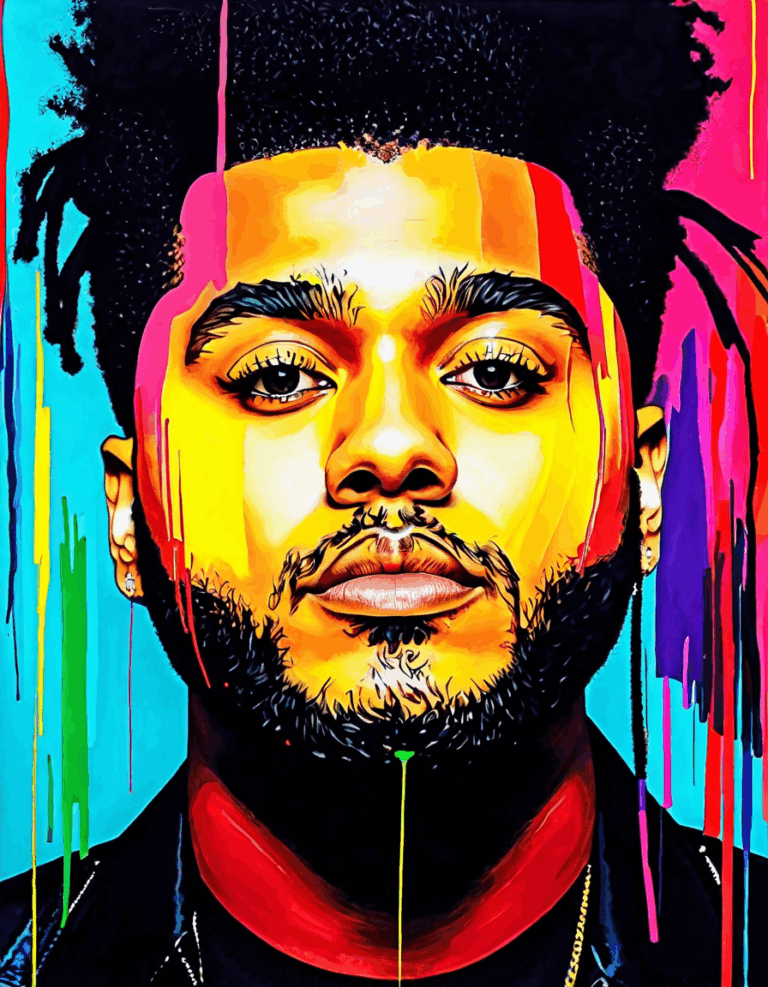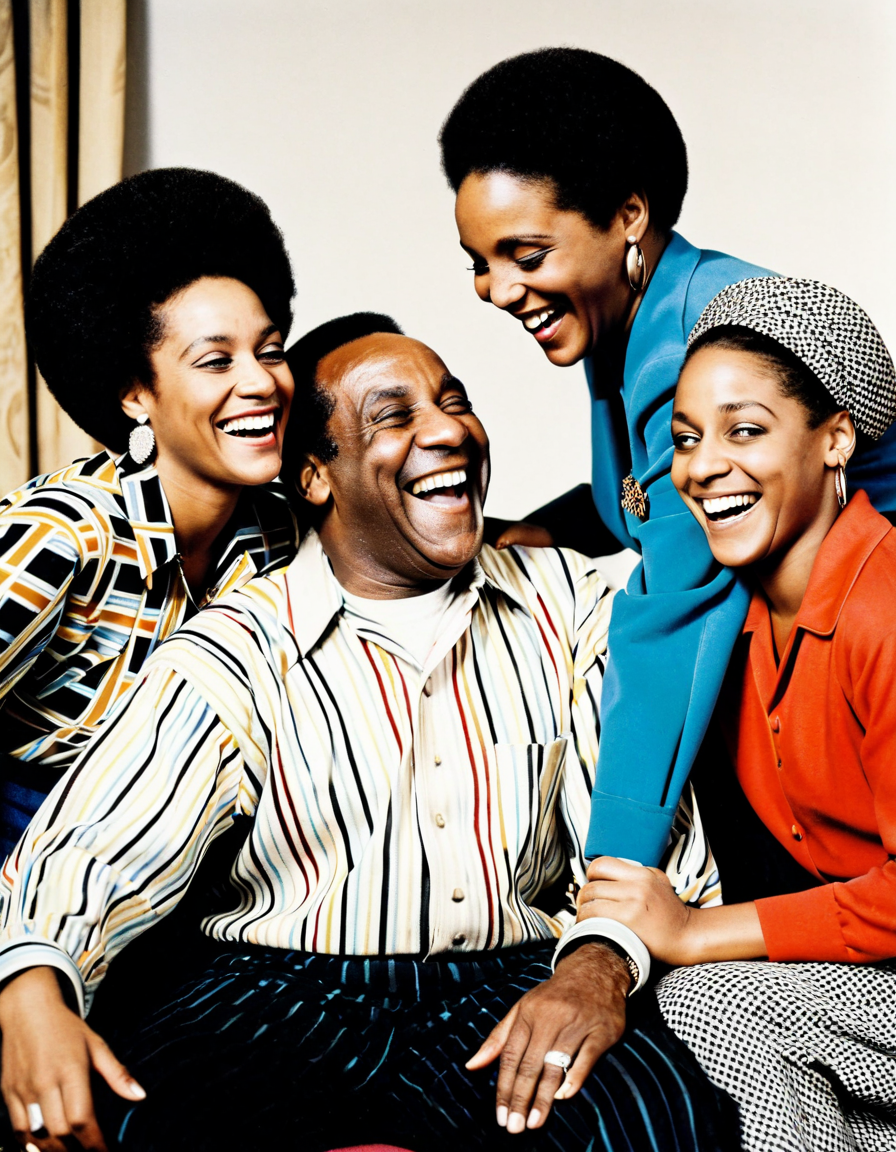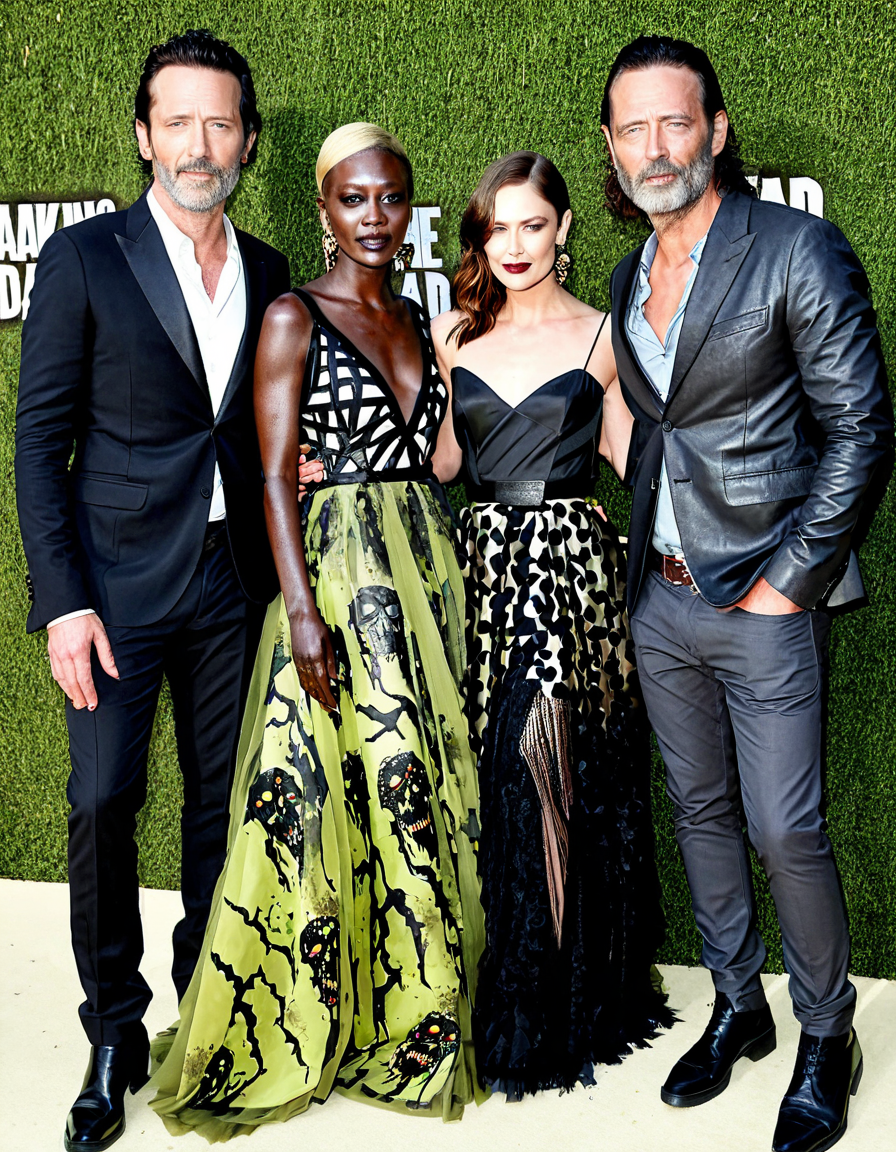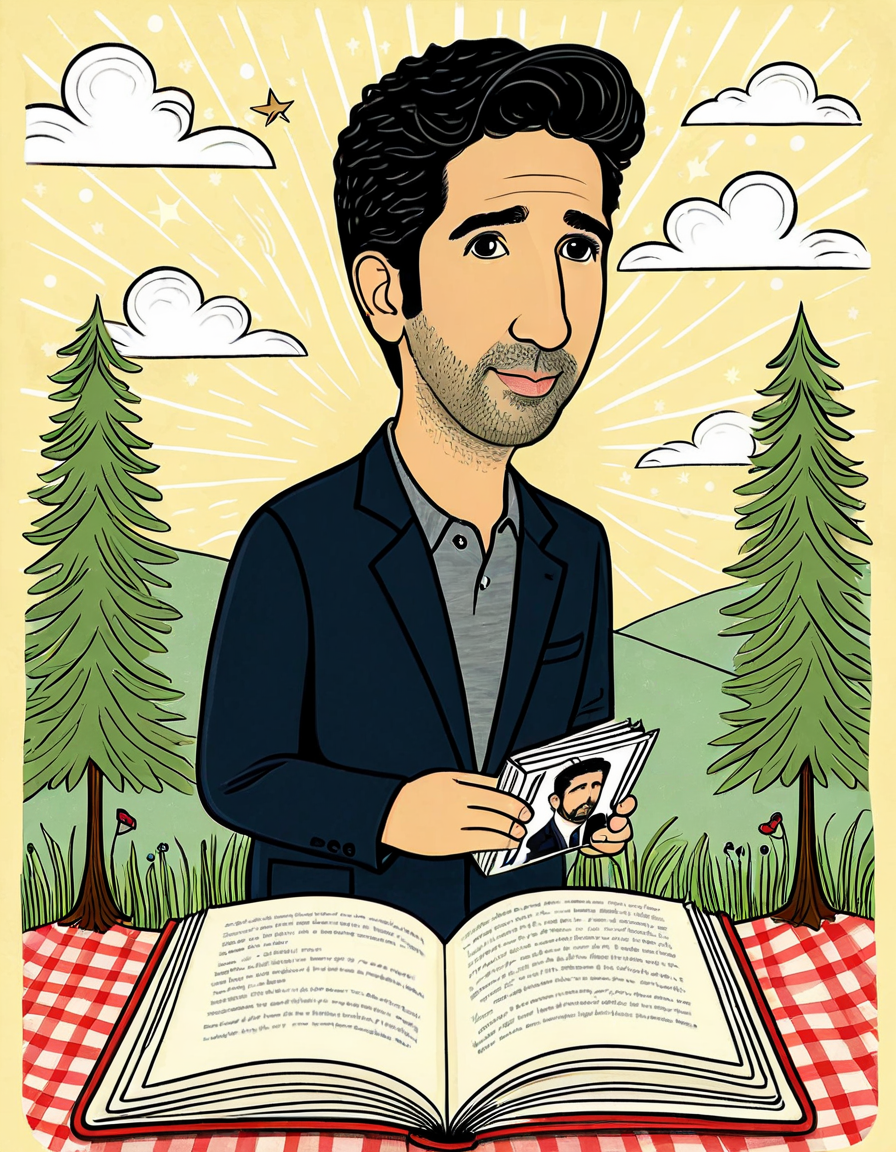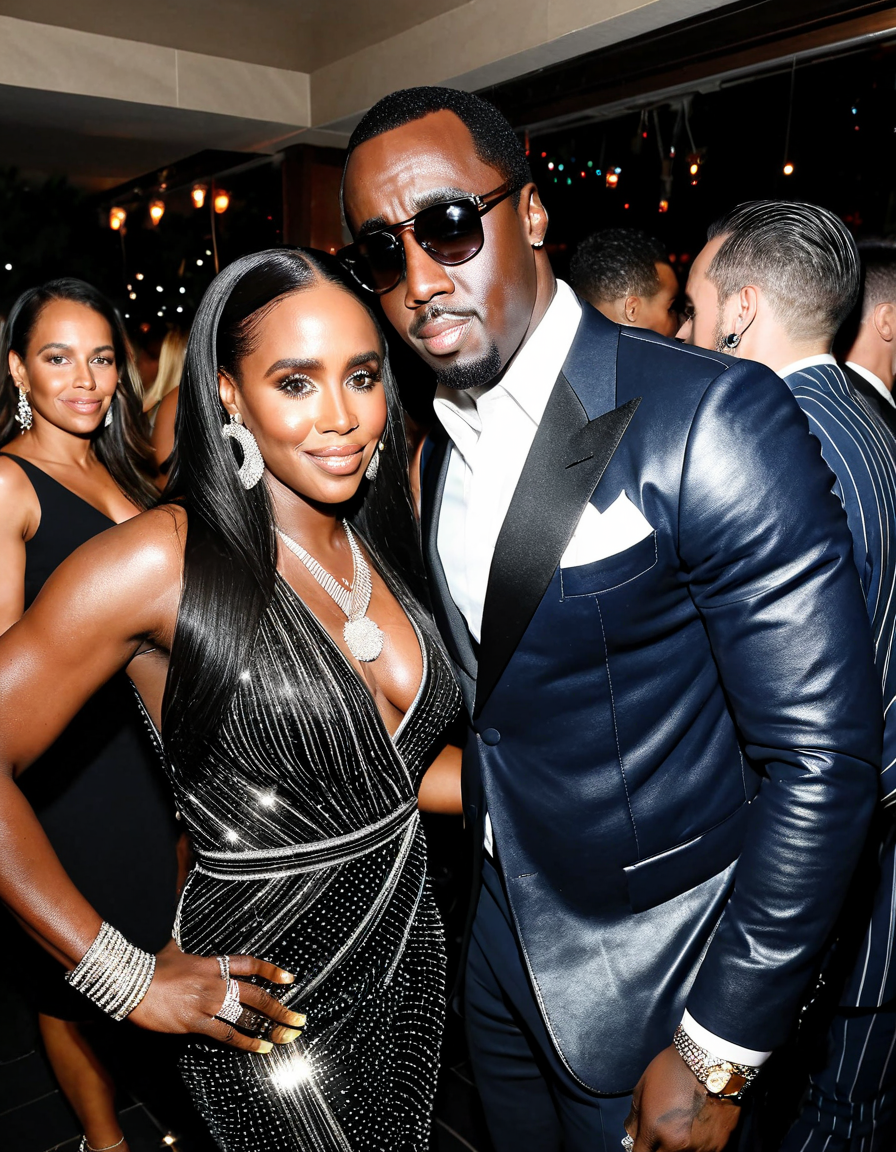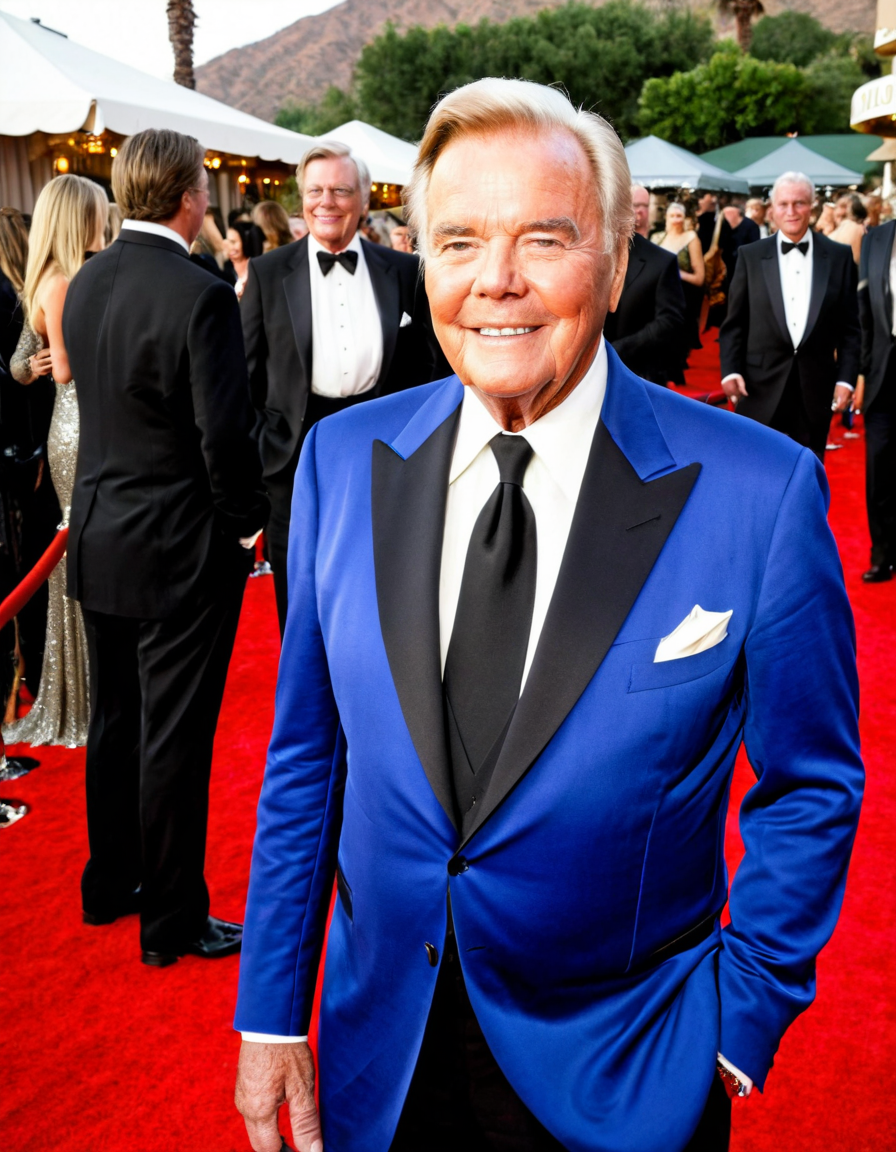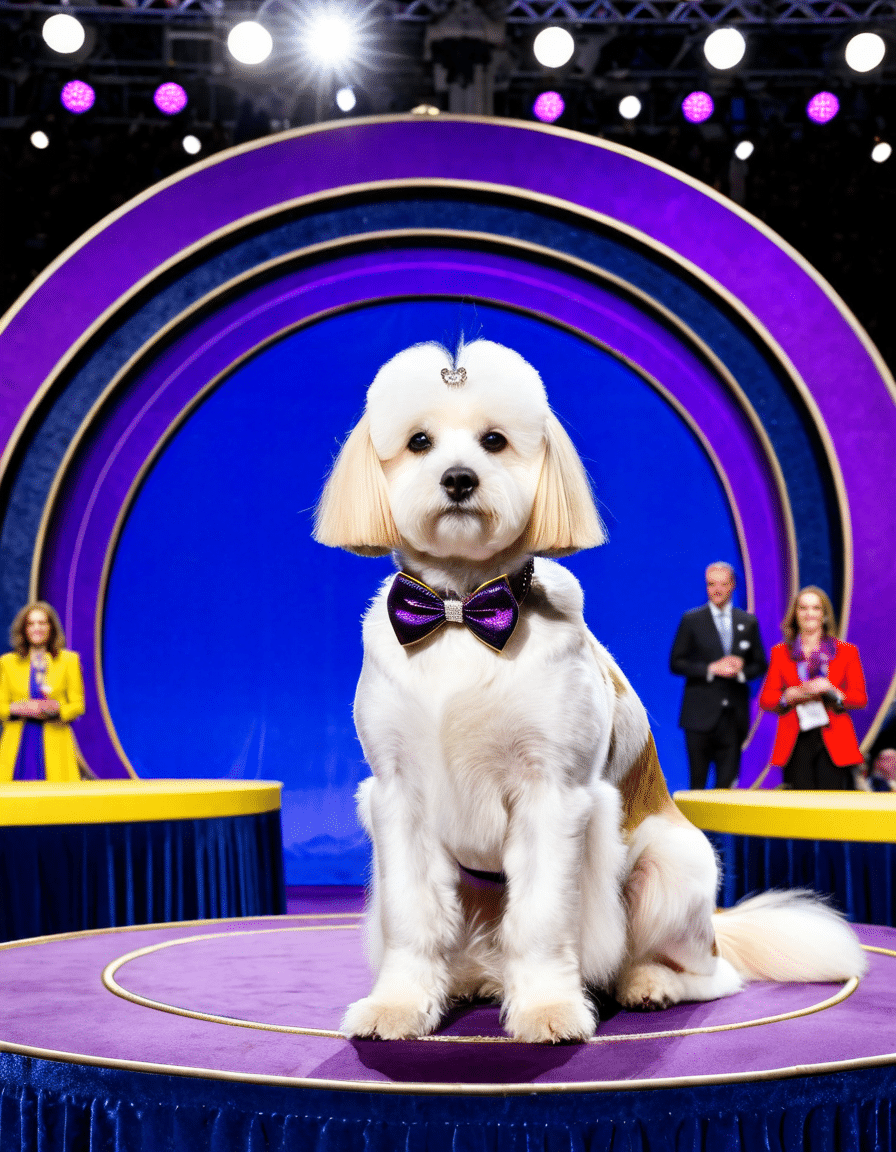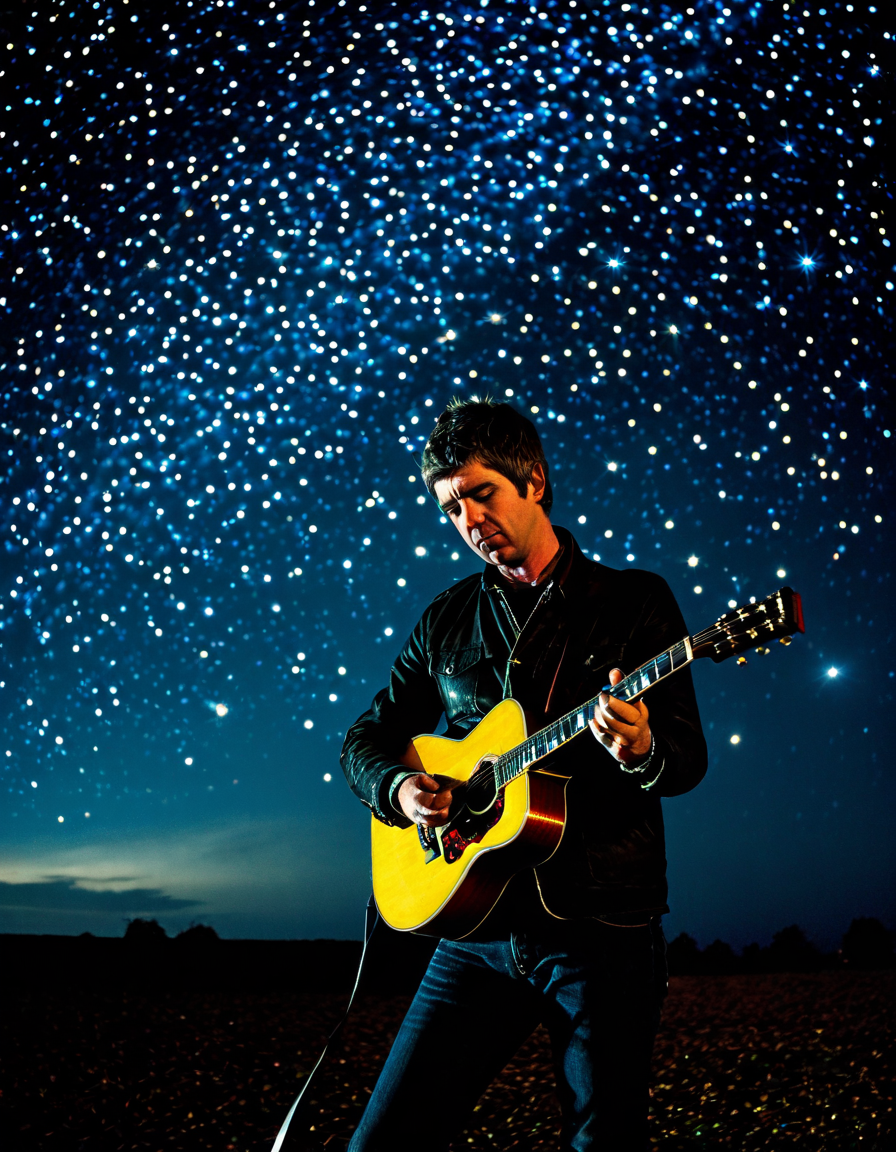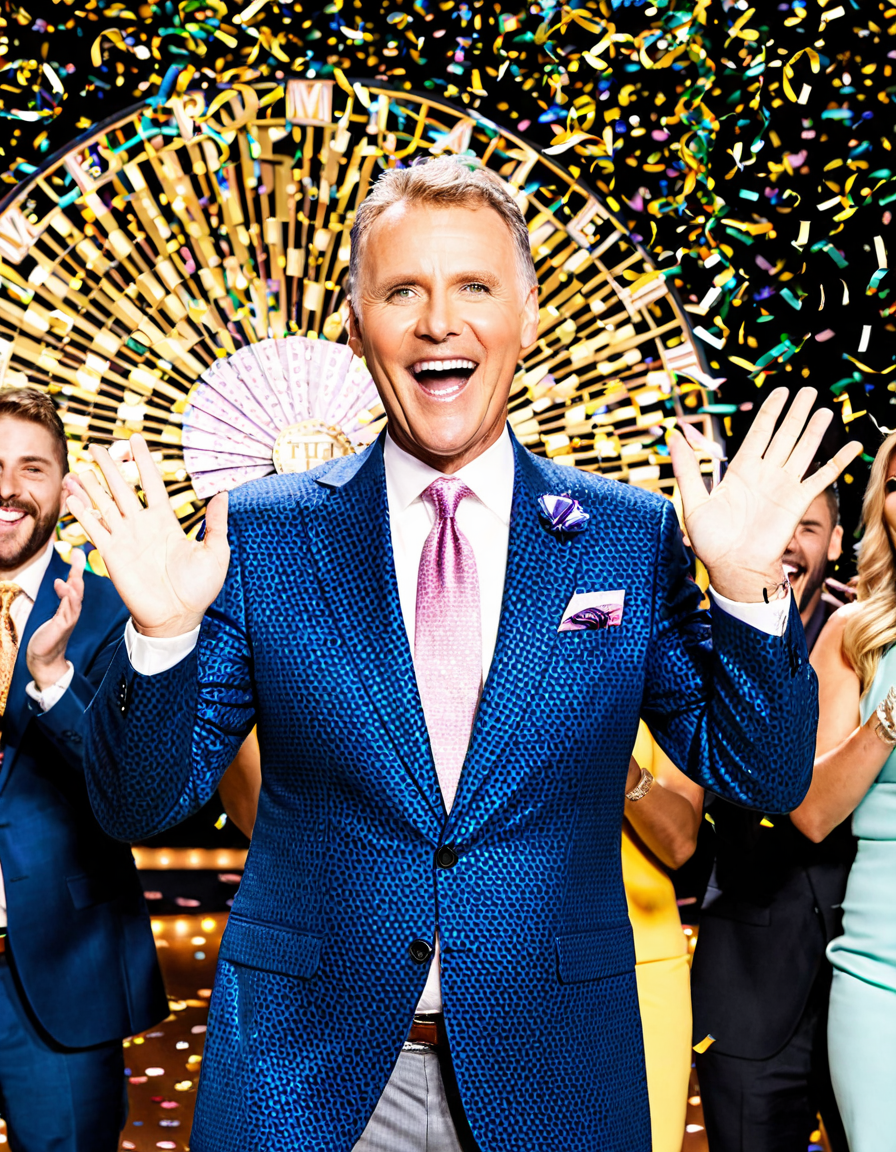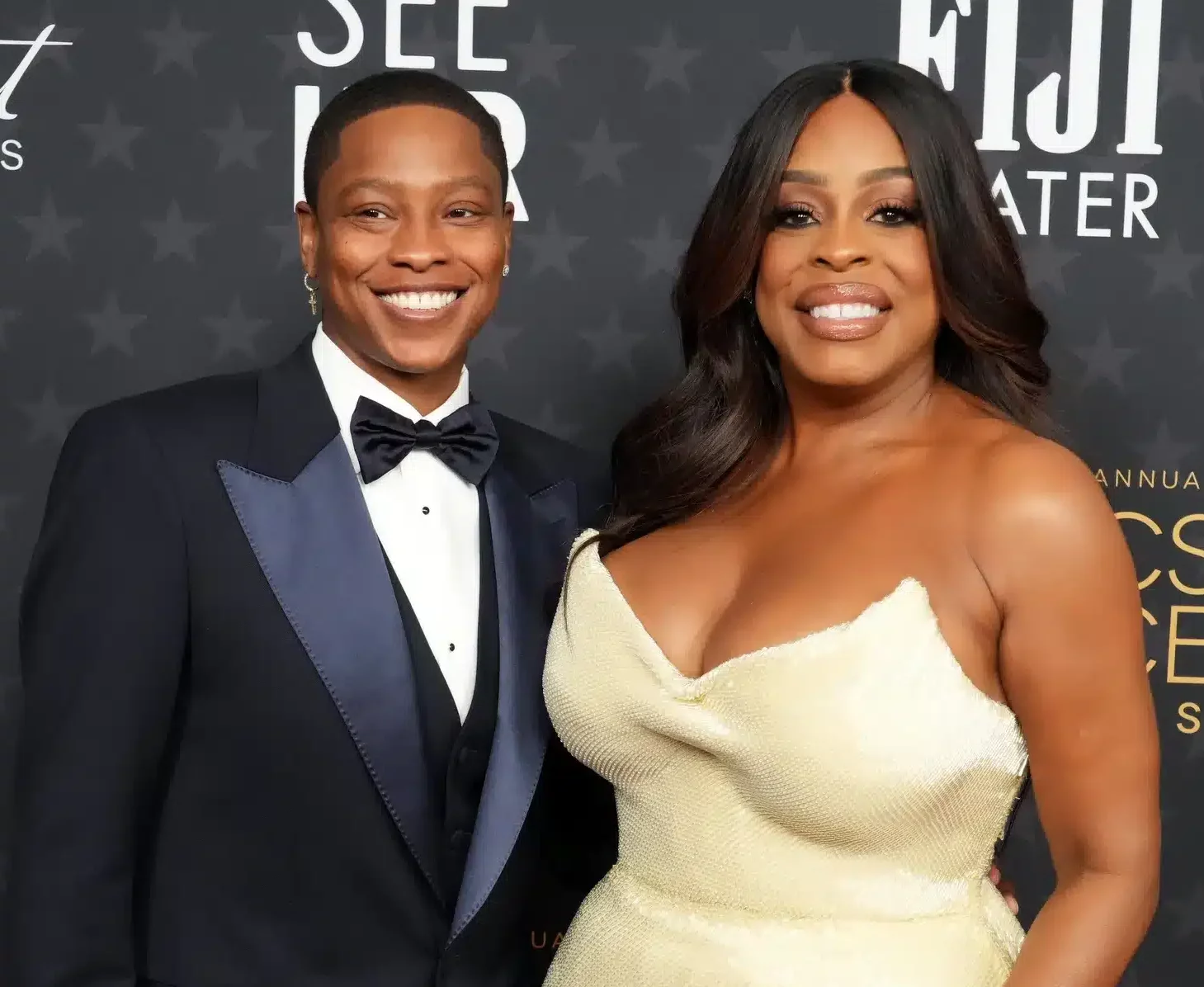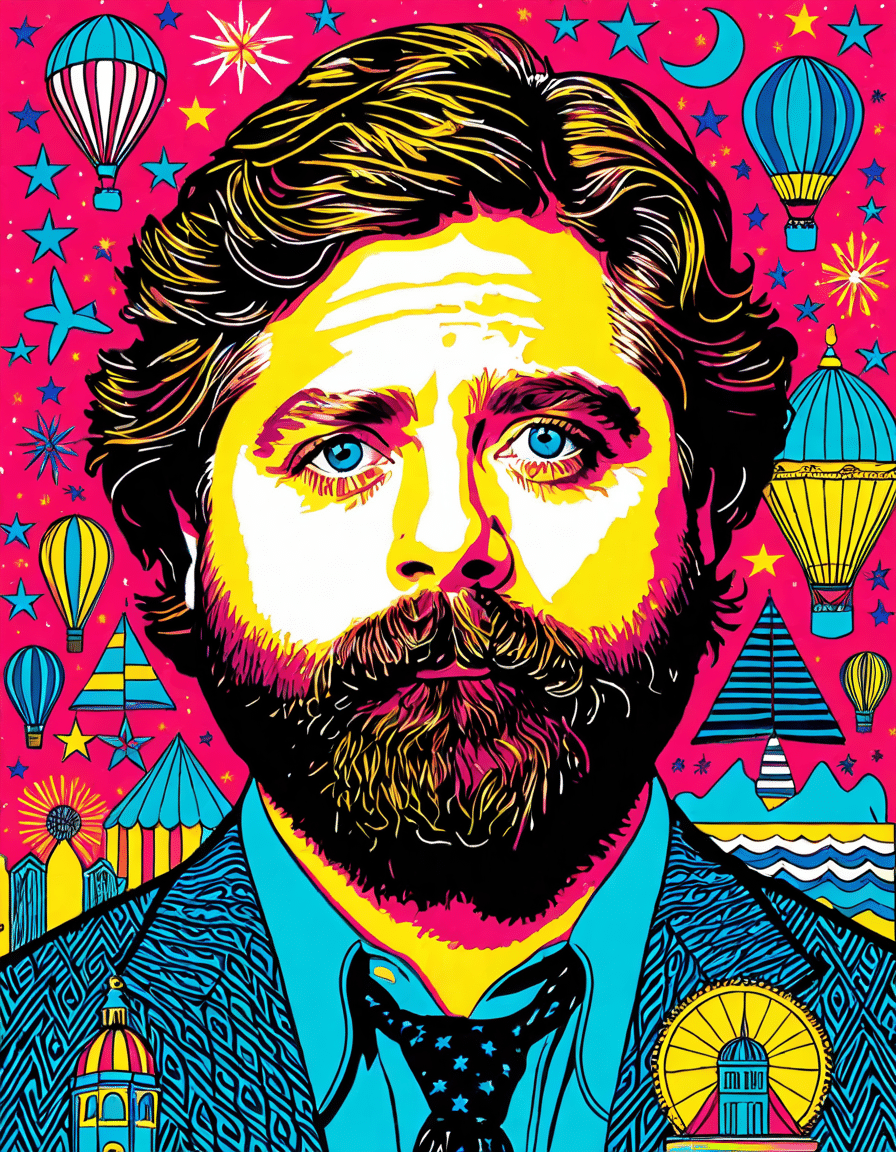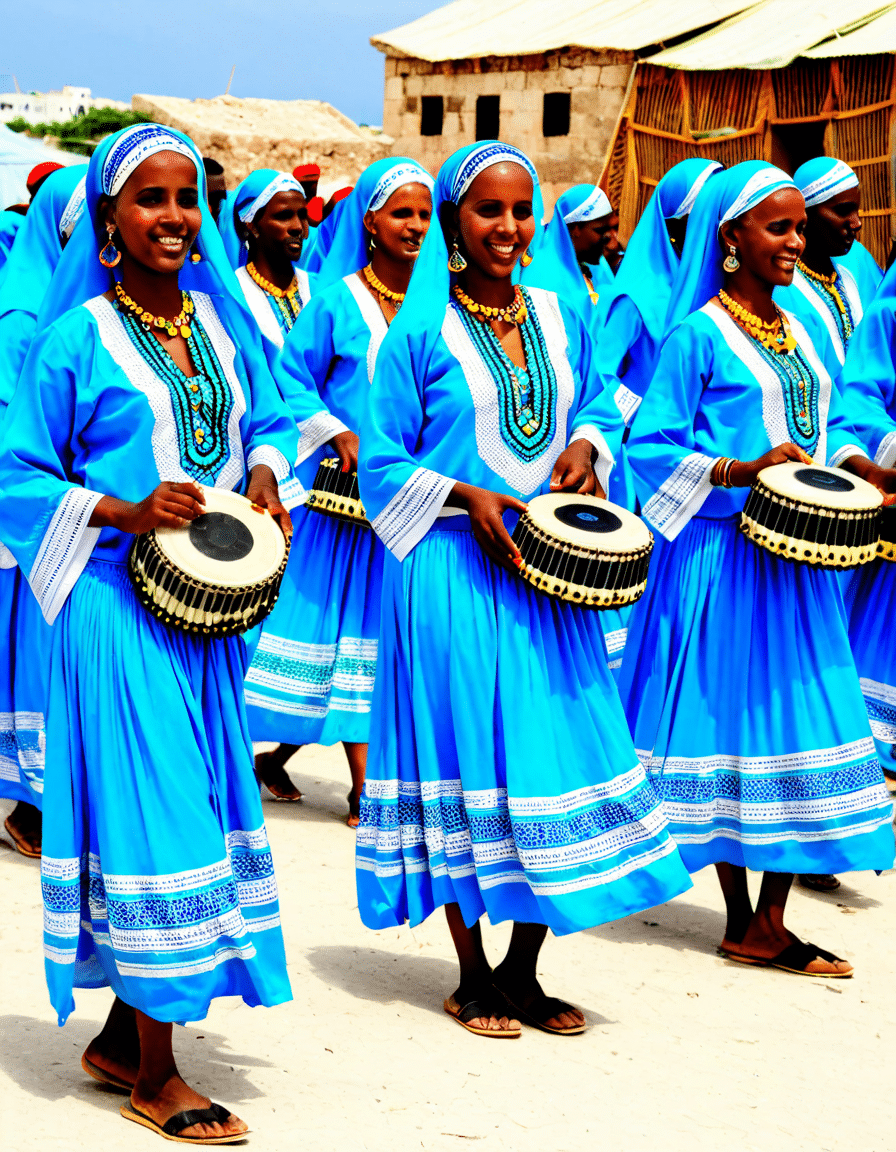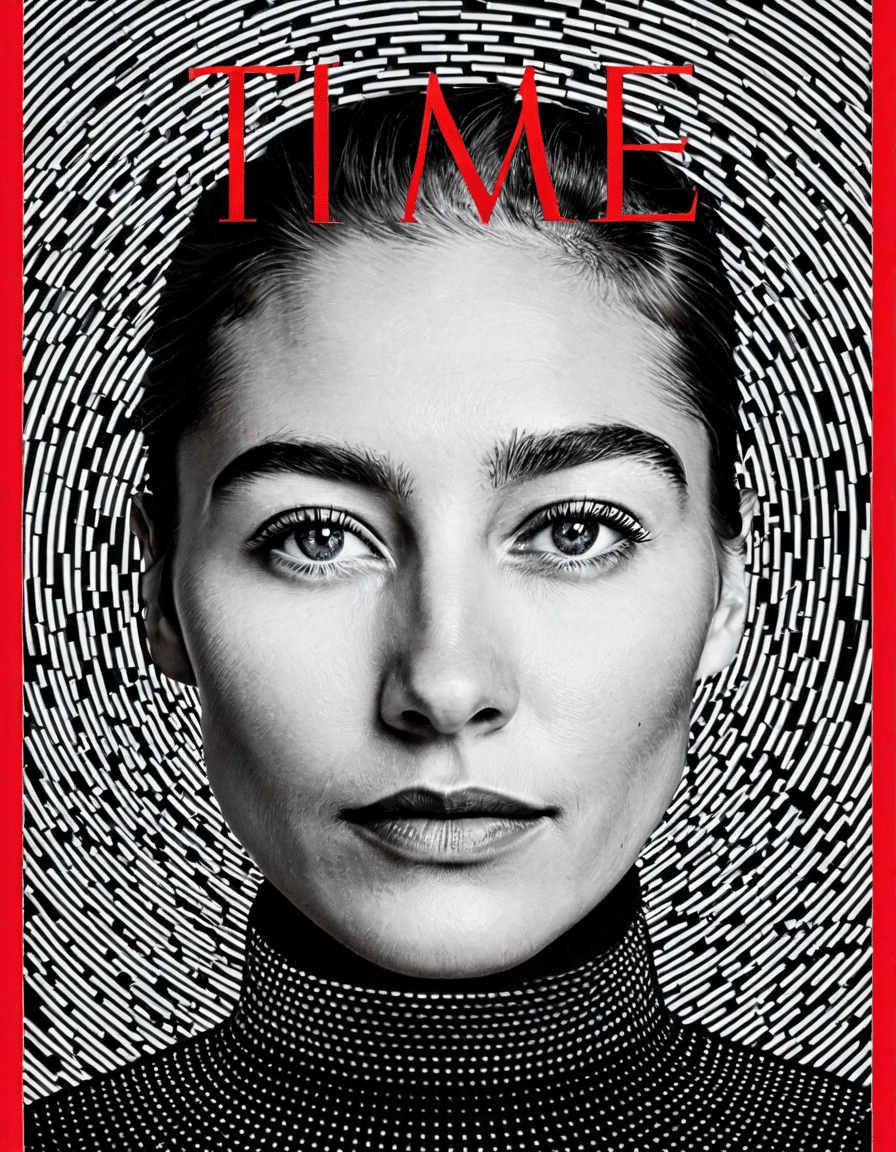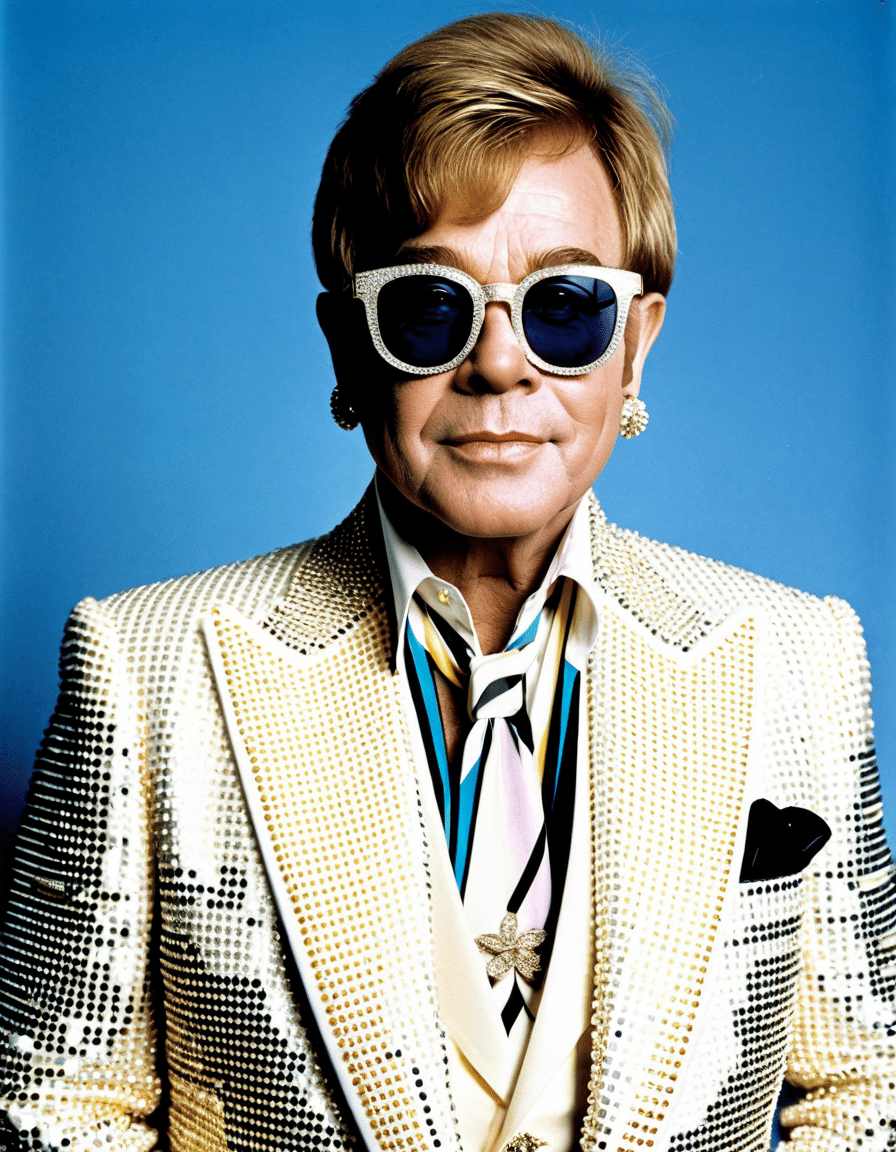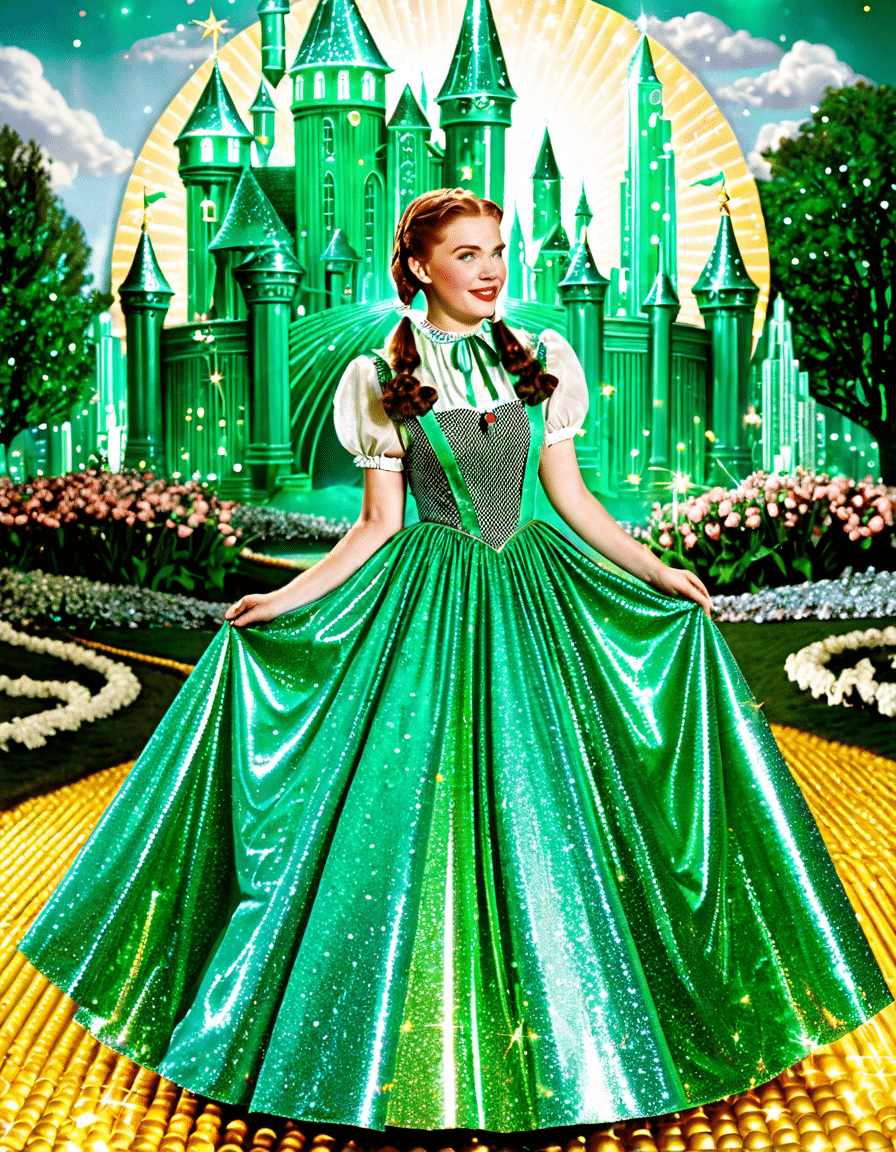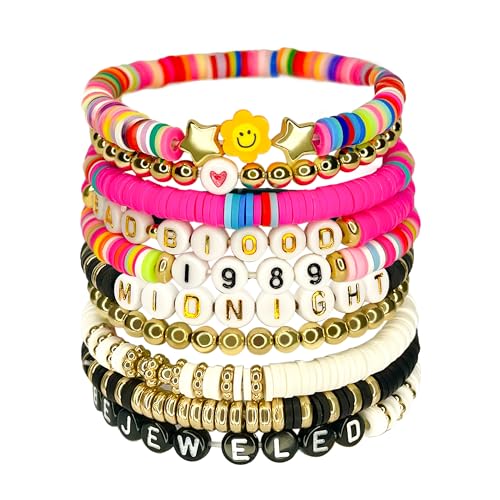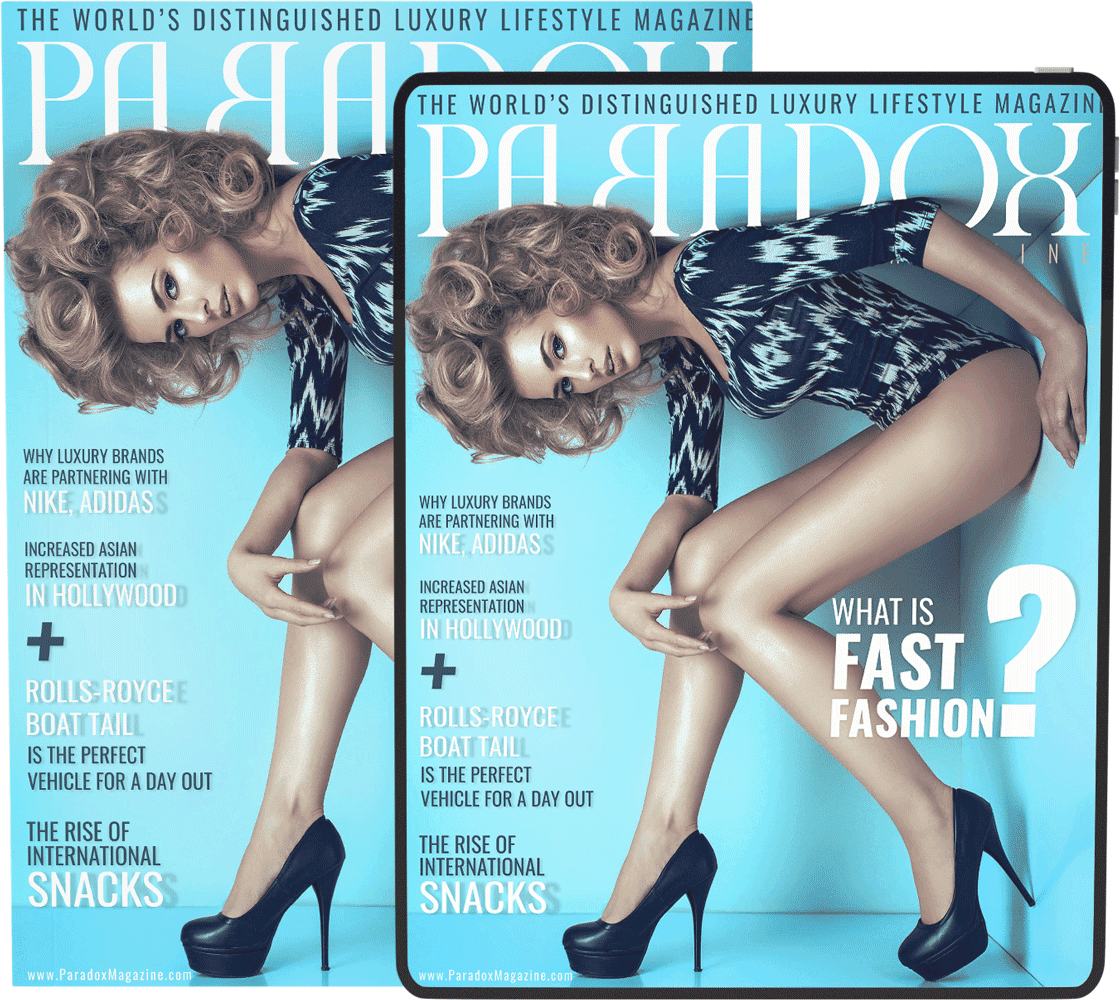When we discuss the landscape of American television, there’s a shining star that undoubtedly leaves an indelible mark: The Cosby Show. Debuting in 1984, this sitcom didn’t merely entertain; it revolutionized how African American families were depicted on screen. It wasn’t just about the laugh track; it was about a relatable family dynamic brimming with warmth, humor, and undeniable charm. The show served up lessons wrapped in laughter, proving that sitcoms could be both enjoyable and enlightening. With all that in mind, let’s dive into how The Cosby Show became a cultural touchstone that has stood the test of time.
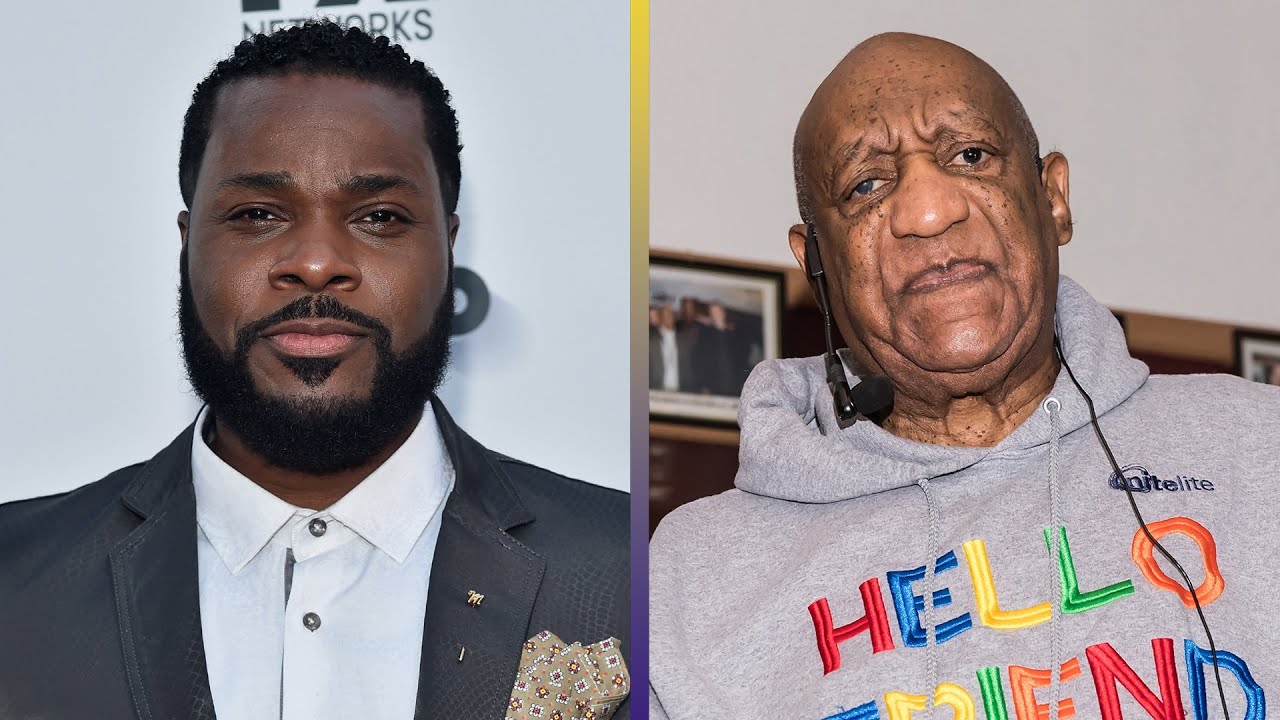
Top 7 Ways The Cosby Show Revolutionized Television

1. Representation of African American Families
The Cosby Show broke the mold surrounding the portrayal of Black families. For too long, African Americans appeared on television in stereotypical roles, often cast as athletes, sidekicks, or servants. The Huxtables, led by the illustrious Bill Cosby as Dr. Cliff Huxtable, changed that game entirely. They were an upper-middle-class family with everyday problems like anyone else, paving the way for future series, most notably Black-ish and Fresh Prince of Bel-Air. This shift brought to life a nuanced, engaging perspective that resonated with millions and gave younger generations icons to look up to.
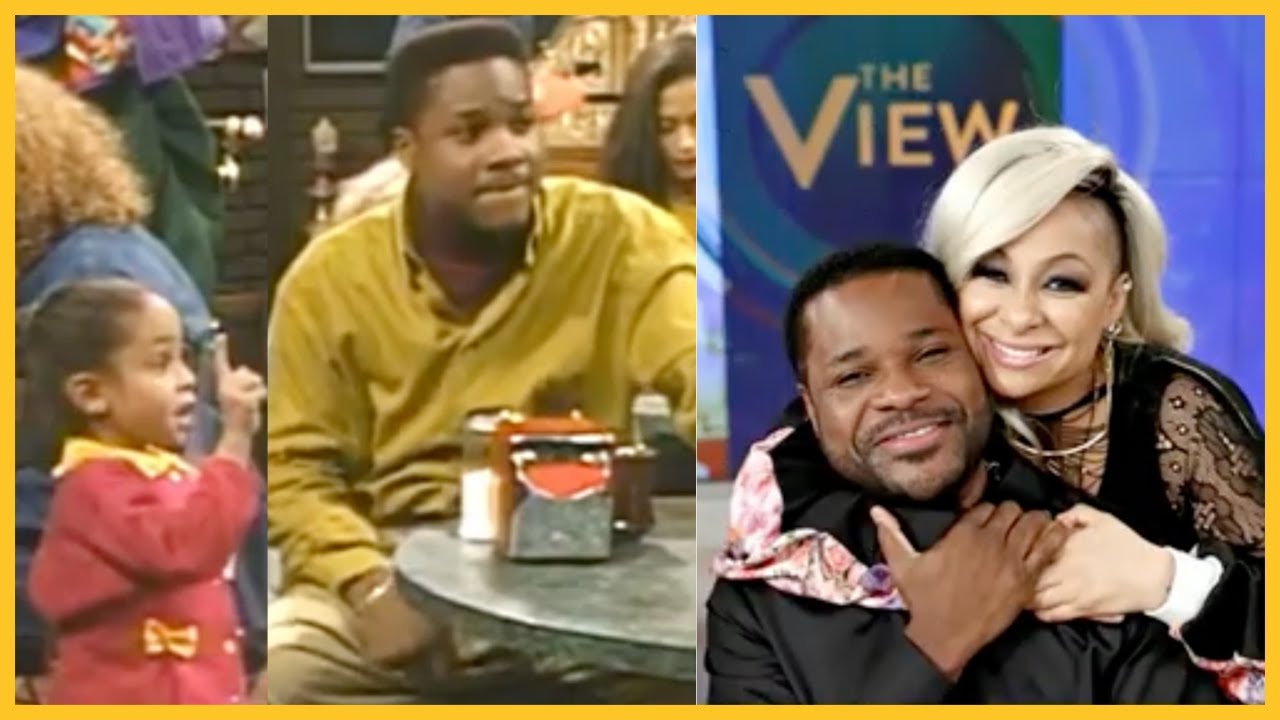
2. Blending Humor with Real-life Issues
Let’s face it: it’s rare to find a sitcom that effortlessly balances humor and serious topics. The Cosby Show did just that, addressing heavy themes such as parenting issues, career struggles, and even infidelity. Take, for instance, the iconic episode “The Birthday Party,” which tenderly discussed themes of loss and grief. Viewers realized that laughter could be a vehicle for deeper conversations, a sentiment echoed in today’s dramas like This Is Us. The show was a pioneer in demonstrating that sitcoms could go beyond mere laughter.
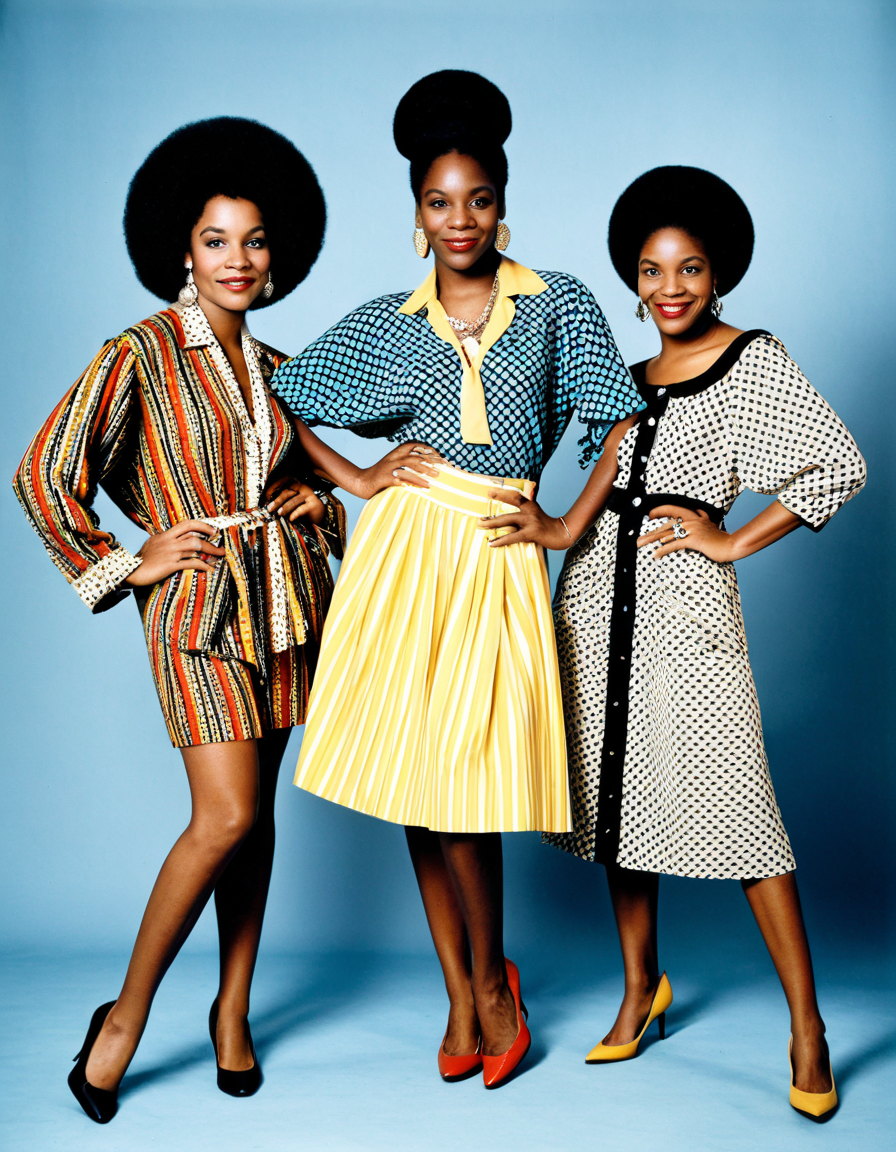
3. Reviving Interest in Family Sitcoms
Before the Huxtables graced our screens, family sitcoms were on life support. The Cosby Show’s resounding success revitalized the genre, breathing new life into shows like Family Matters and Full House. Blending warmth, humor, and the kind of relatable content that made viewers feel at home, The Cosby Show set a blueprint for future family-oriented series. Today, we still see that legacy in programs catering to family dynamics, proving that the essence of the sitcom is very much alive.
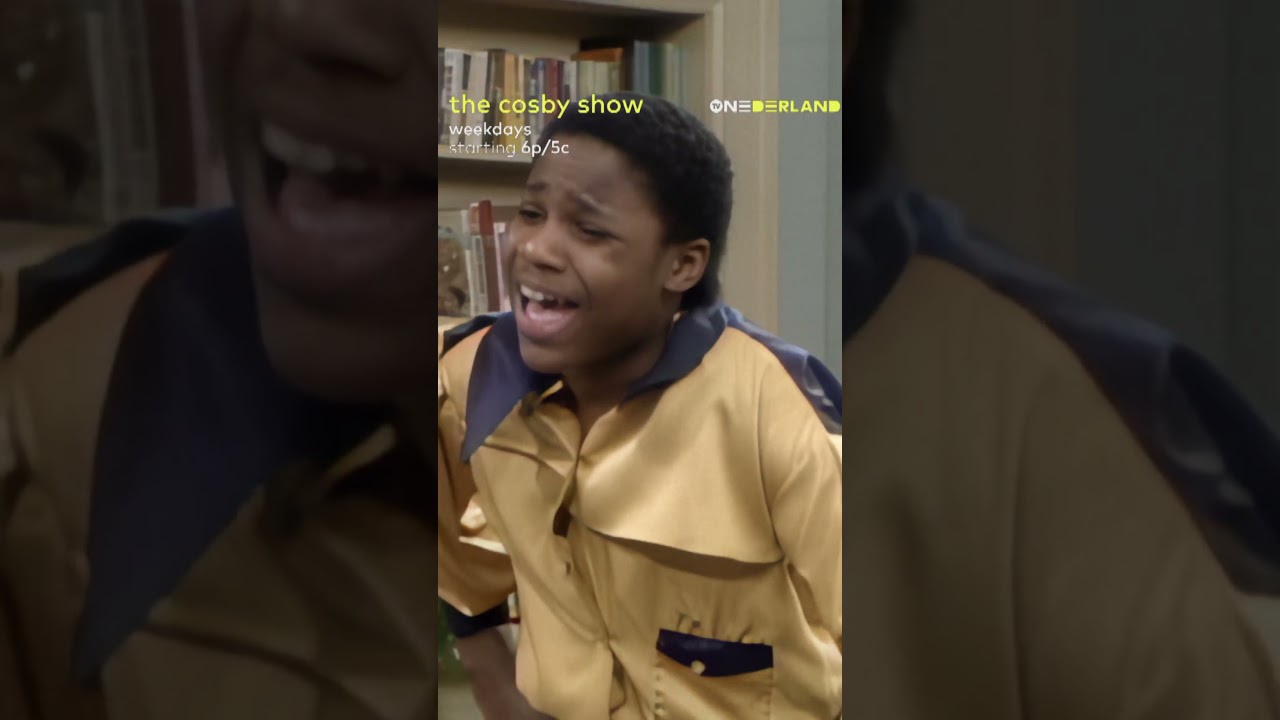
4. Promoting Positive Role Models
Bill Cosby’s portrayal of Dr. Huxtable wasn’t just charming; it became a template for fatherhood at its finest. He was not your traditional tough dad; he embodied intelligence, responsibility, and warmth, showing viewers that being a father could mean both authority and affection. This portrayal left its mark on how father figures are depicted in later shows like Modern Family. Jay Pritchett, played by Ed O’Neill, balances humor with heartfelt moments—an evolution stemming from Dr. Huxtable’s character.
5. Innovative Use of Cultural References
If you tuned into The Cosby Show, you couldn’t help but notice the rich tapestry of cultural references—music, art, and literature—woven throughout its episodes. From Cliff’s unyielding love for jazz to snippets of classic art, each moment served as an educational opportunity. This marriage of education and entertainment not only enlightened viewers but also set the standard for shows to follow. The Fresh Prince of Bel-Air, for example, similarly incorporated cultural literacy, blending humor with a rich understanding of identity.
6. Empowerment through Education
The pursuit of education was an ongoing theme in The Cosby Show. The show’s younger characters, like Rudy and Theo, experienced struggles with their studies, allowing the audience to witness their growth and eventual successes. This ongoing focus emphasized the importance of education and encouraged young viewers to prioritize their academic journeys. Such narratives have become more common and celebrated in television, illustrating a fundamental shift in how education is portrayed.
7. Community Engagement and Social Commentary
Beyond just entertainment, The Cosby Show ventured into the realm of serious social commentary. It opened the doors to discussions about race and class in America, showcasing the socioeconomic challenges faced by African American communities. The show ignited conversations around these pressing issues—talks that were echoed in family living rooms across the nation. Today, series like Dear White People continue this tradition of humor intertwined with thoughtful social issues, underscoring the important role of television in societal dialogue.
As we reflect on the cultural significance of The Cosby Show, it’s crucial to acknowledge the layers of complexity surrounding its legacy. Bill Cosby’s personal controversies have inevitably shaped today’s perception of the show. However, we must not forget what made The Cosby Show an instant classic: its groundbreaking representation, rich storytelling, and profound influence on the fabric of American television.
In our fast-paced media environment, The Cosby Show serves as a hearty reminder of the incredible power of storytelling. While its legacy may be tinged by its leading man’s choices, the lessons carved from its approach to family dynamics and education remain as relevant as ever. These themes continue to guide the structure and narratives of contemporary television programming, ensuring that The Cosby Show’s shimmering impact will forever echo through the industry.
So as you settle in for a Netflix binge or float through the new offerings on streaming platforms, let’s keep The Cosby Show close to our hearts. One cannot truly understand the evolution of television without recognizing the brilliance and transformational spirit that this sitcom brought to our screens. Just like Jade Jagger artistic exploration in fashion, it illustrated creativity’s power to challenge norms. The legacy lives on, inspiring future generations to tell their stories boldly and with finesse, much like the Huxtables did all those years ago.
Cosby Show: Timeless Comedy That Changed Television
A Groundbreaking Concept
Did you know “The Cosby Show” was one of the first television series to center around an upper-middle-class African American family? This fresh take began in the 1980s, a time when many shows were still mired in stereotypes. Thanks to its unique blend of humor and heart, it broke barriers and became a huge hit. Its success laid the groundwork for other iconic sitcoms, like That 80s Show, which also brought entertainment to audiences while addressing social issues in a relatable way.
Fun Facts About The Cast
The show featured an incredible ensemble cast, most notably Bill Cosby as Dr. Heathcliff Huxtable. Cosby wasn’t just acting; he was influencing culture and setting the standard for family dynamics on TV. Interestingly, many of the cast members have appeared in various genres since the show aired, showcasing their versatility. For instance, actress and producer Phylicia Rashad, who played Clair Huxtable, has had a successful career in theater and has even crossed over into horror vibes—check out some exciting Halloween Movies For Kids she’s been part of! And let’s not forget Sly Stallone, whose paths have often crossed with Hollywood giants, yet had his own journey to juggle family drama, making a mark in a different way.
Legacy and Impact
The Cosby Show not only entertained but also sparked conversations about issues like education, parenting, and race. Its clever mix of comedy and poignant moments struck a chord with viewers, transforming how families were depicted on television. The show has even been linked to modern movements, such as Advocacy For addiction recovery, highlighting how entertainment can intersect with real-life struggles. And while it may not be on air, the lessons and laughs are evergreen, reminding us how humor can be an effective way to broach tough subjects.
So, the next time you settle down to binge-watch classic episodes or whip up a snack—perhaps How To make rice crispy Treats for your home movie night—take a moment to appreciate not just the laughs but the impact that “The Cosby Show” had in shaping the landscape of television as we know it today. From illustrious actors like Miranda Richardson getting their start to touching on serious topics with grace, the show’s timelessness is a testament to its craftsmanship.
